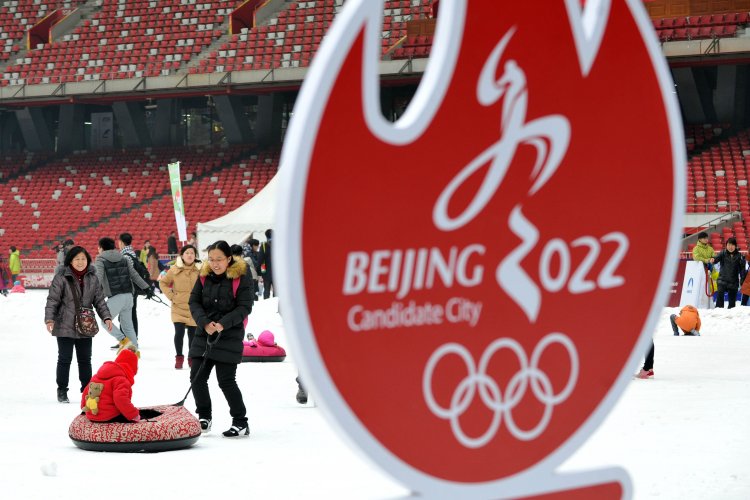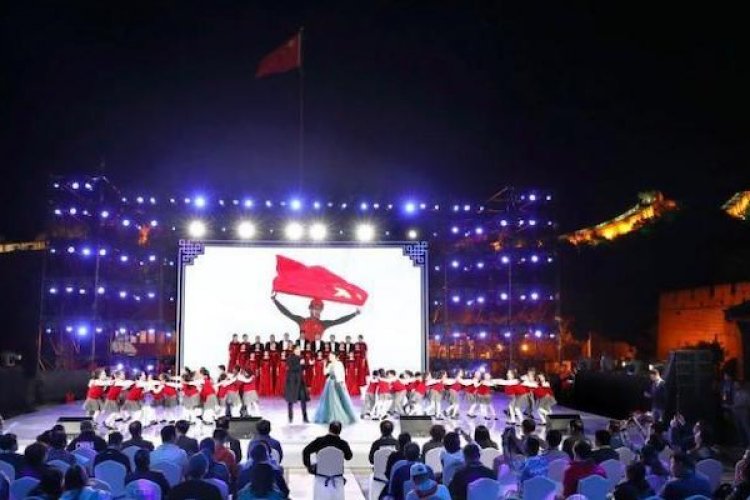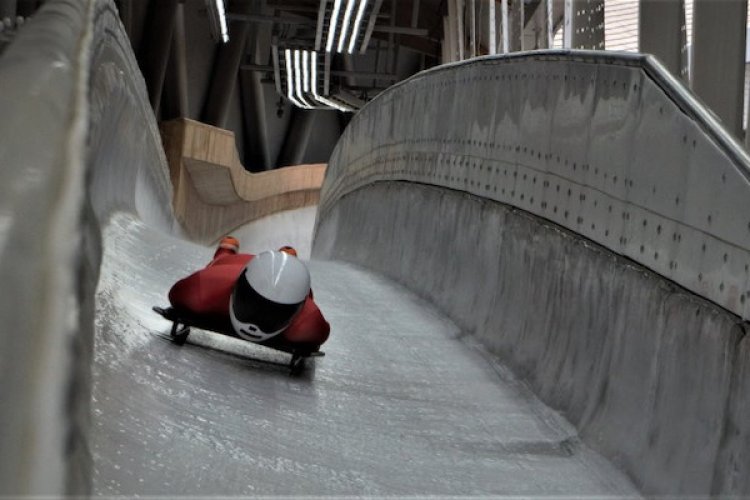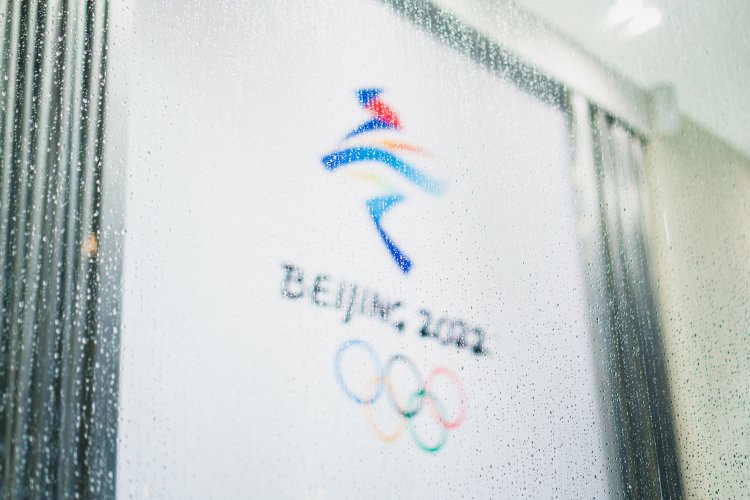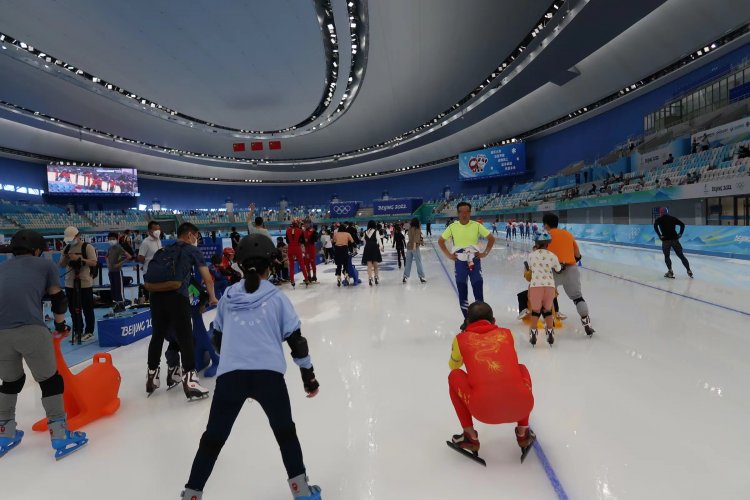Beijing '08 Drug Cheats Still Being Busted Even As 2022 Olympic Construction Ramps Up
Preparation for Beijing's hosting of the 2022 Winter Olympics is heating up, even as the final medal table from the last time Beijing hosted the games is still being sorted out.
That's because the International Olympic Committee (IOC) not only conducts in-games testing, but also keeps vials of athletes' pee for eight years afterward, just in case new testing methods are developed to catch past cheats.
It's just this that has lead to a small wave of medal changes for the top athletes from Beijing 2008. After new testing protocols were applied last year, 49 additional drug cheats have been sanctioned this year, with more announcements likely to come.
Add the five that tested positive during the '08 Games itself and it brings the list of Beijing violators to 54. All but a handful of the violations came from the Athletics (25) and Weightlifting (22) disciplines; the only other two sports where doping was detected were Wrestling (five) and Cycling (two).
Only 29 of the 49 however were medalists, and only four gold medals were rescinded:
-- The gold medal-winning Russian Women's 4×100m Relay team was disqualified and the gold given to Belgium;
-- Rashid Ramzi from Bahrain, gold medallist in the 1500m was booted, the gold issued instead to Kenyan Asbel Kipruto Kiprop;
-- Aksana Miankova from Belarus, competing in the Women’s Hammer Throw event was stripped of gold (to date a new winner has not been formally announced); and
-- Ilya Ilin from Kazakhstan, gold medalist in Men's 94kg Weightlifting, was stripped of gold (with no new winner yet announced).
Though the eight-year statue of limitations on conducting new tests on the Beijing samples is now over, there may be a few more balls to drop, as announcements of postive drug results are only publicly revealed after the athlete and his or her respective national Olympic committee are given a chance to address the results (and various other bureaucratic measures are taken).

It's not unusual – in fact it's par for the course in the modern age – for Olympics medal standings to change post-games. And testing reveals that Beijing 2008 was not a particularly doped-out event: approximately 11,028 athletes participated, meaning less than half of 1 percent (0.49%) tested positive.
Beijing 2022 Olympic officials, meanwhile, are already eager to move on, announcing recently that construction of sporting venues for the Winter Games will begin in earnest next year.
Inside the Games reports that 15 such construction plans have been made, and events will be split between three zones or "clusters."
Curling, ice hockey and skating events will be held in downtown Beijing, in a new National Speedskating Hall and in several spiffed-up venues from the 2008 Games, like the Aquatics Center and the LeSports Center (formally known as the Wukesong Stadium).
Zhangjiakou will host snowboarding, freestyle skiing, cross country skiing, ski jumping, Nordic combined, and biathlon.
The Yanqing venue cluster, situated near Zhangjiakou, will hold alpine skiing, bobsleigh, skeleton, and luge.

Impressive as those efforts may be, the most attention-grabbing structure of the 2022 Games is sure to be the San Shan ("Three Mountains") bridge being built near Zhangjiakou. More images of the bridge can be found here.
More stories by this author here.
Email: kylemullin@truerun.com
Twitter: @MulKyle
WeChat: 13263495040
Photos: Penda, Beijing 2022



